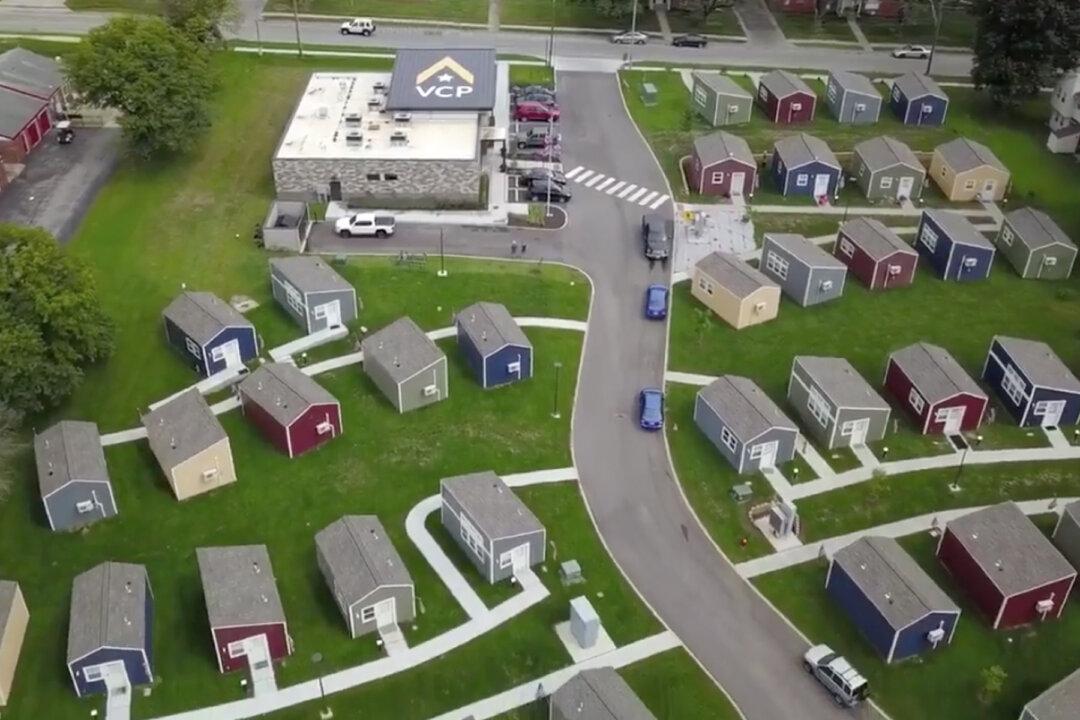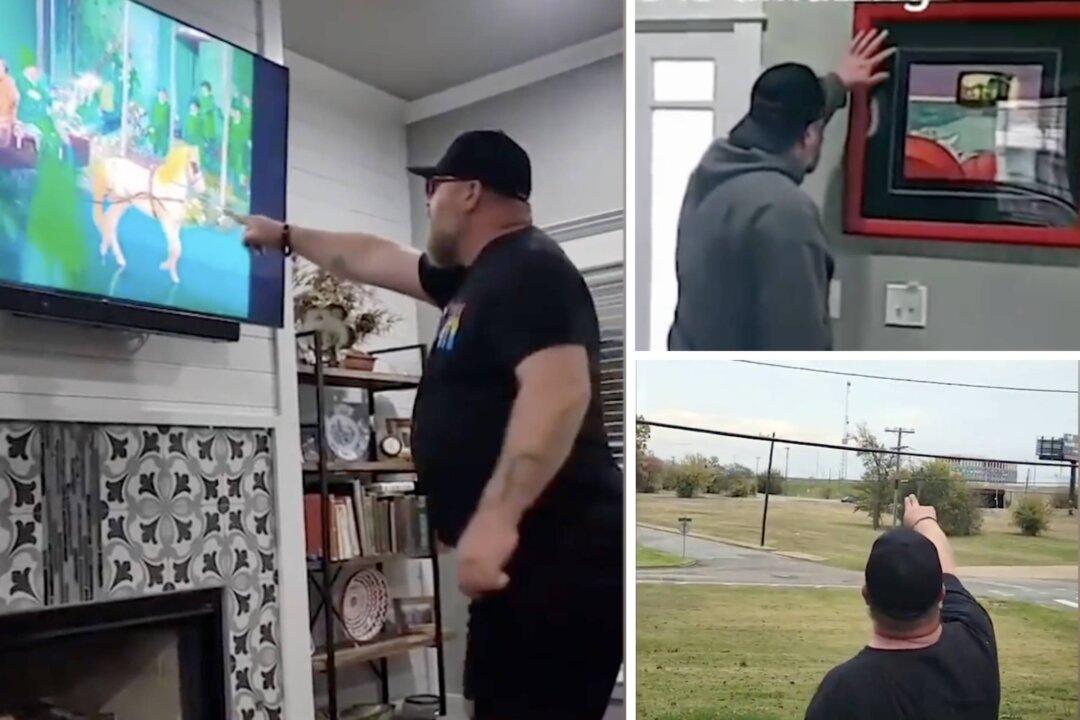They put everything on the line to protect their home, only to end up on the streets.
According to the National Alliance to End Homelessness, nearly 40,000 veterans lived on the streets in 2019. While that is a great misfortune, one organization has decided to do their part to reduce veteran homelessness.






